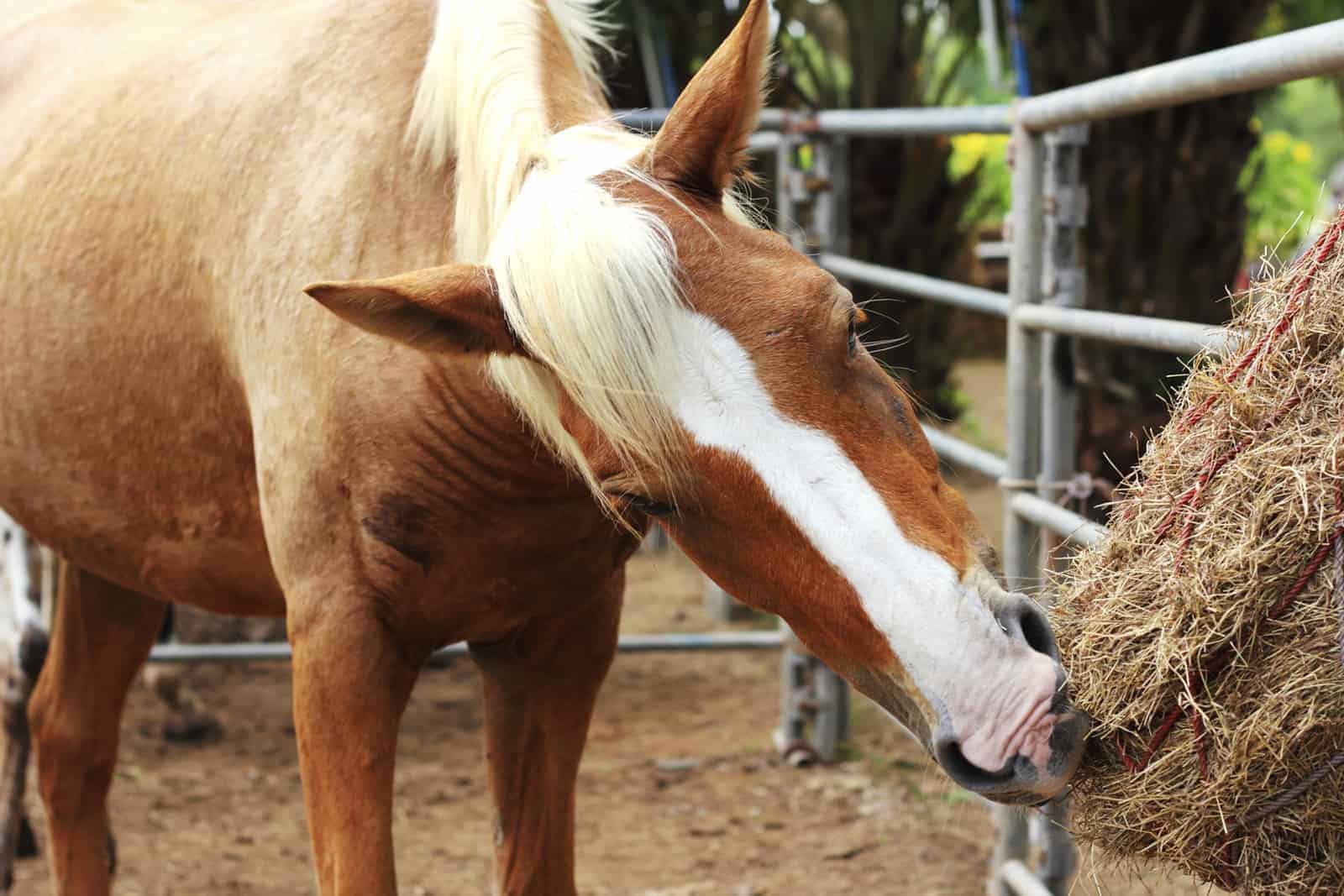Can Management Help an Ulcer-Prone Horse?

Q: A veterinarian has diagnosed a 12-years-old Quarter Horse mare at my stable with ulcers. It’s believed they developed when she was being shown at various cutting shows, probably due to the stress of transport and being away from home. She’s not being shown currently but had a bad attack earlier this week. She is recovering, but her owner is concerned and wants to prevent future episodes or, at least, reduce the severity. Is there a specific type of diet that should be followed for this type of ailment? —via e-mail
A: Great question! But I wish I had a little bit more information. When you say “had a bad attack,” I’m wondering exactly what you mean. Did the horse act as if she was going to colic? Did she go off feed? Or by chance was she just not performing very well? The reason I ask is that ulcers don’t generally manifest themselves in actual “attacks.”
That being said, let’s assume the horse has been definitively diagnosed as having equine stomach ulcers. You’re right to conclude that the horse was likely suffering from ulcers due to the stress of training, hauling, and competing. Even though many horses are accustomed to these types of activities, they can still develop stomach ulcers due to the stress of what we often consider “normal.” In fact, two out of three nonracing performance horses have been shown to have ulcers.
The reason horses develop ulcers so easily is partially due to their anatomy. A horse’s stomach produces acid 24 hours a day, seven days a week—that’s a lot of acid! In natural grazing environments, this acid is buffered by both feed and saliva. But when they have limited turnout, infrequent intake of roughage, or are just not eating enough roughage, the acid can build up and lead to stomach ulcers.
One way to help prevent the reoccurrence of ulcers is to provide the horse with a way to eat smaller and more frequent meals. It’s often impractical to personally feed these meals, so I suggest a hay bag or net, which will slow the hay intake. You can also reduce the amount of grain you are giving the horse or add alfalfa to the diet. Turning the horse out to graze freely will also help. I would suggest checking with your veterinarian before making these modifications to the horse’s feeding program.
Written by:
Megan Green, DVM
Related Articles
Stay on top of the most recent Horse Health news with















